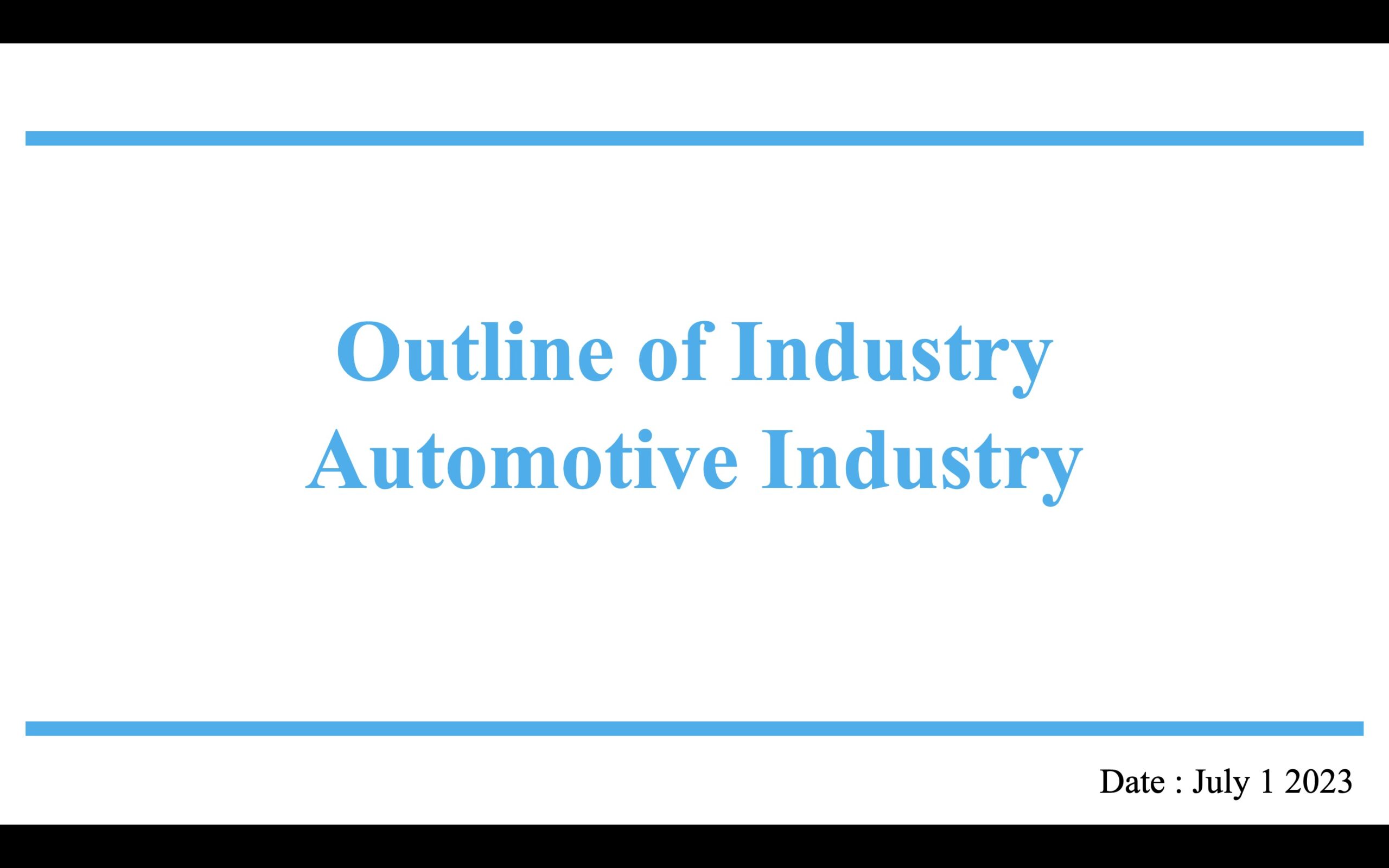The automotive industry is one of the largest and most complex industries in the world, encompassing everything from the design and production of vehicles to their sale, maintenance, and disposal. The industry is a critical component of modern economies, creating jobs, driving innovation, and providing consumers with the transportation they need.
Over the past several decades, the automotive industry has undergone significant changes. Advances in technology have led to the development of more efficient and environmentally-friendly vehicles, while globalization has opened up new markets for manufacturers to explore. The industry has also become increasingly reliant on automation, with robots and other automated systems performing many tasks that were once performed by human workers.
One of the biggest trends in the automotive industry today is the move toward electrification. Electric vehicles (EVs) are becoming more widely adopted, driven by concerns about the environment and the desire for more efficient and convenient transportation. Manufacturers are investing in the development of new batteries and charging infrastructure, and are working to build a more robust network of public charging stations. Governments are also providing incentives to encourage the adoption of EVs, such as tax credits and subsidies for buyers.
Another trend in the automotive industry is the rise of connected and autonomous vehicles. With the growth of the Internet of Things (IoT) and artificial intelligence (AI), vehicles are becoming more connected and sophisticated, allowing manufacturers to collect and analyze data in real-time and improving the safety, efficiency, and comfort of vehicles. Autonomous vehicles are also becoming increasingly common, with manufacturers developing systems that can control the speed, steering, and brakes of a vehicle without human input.
Sustainability is also becoming a key concern for the automotive industry, as consumers and governments demand more environmentally-friendly vehicles and production processes. Manufacturers are responding by reducing their carbon footprint, using renewable energy sources to power their operations, and exploring ways to make vehicles more recyclable and biodegradable.
The automotive industry faces many challenges, including competition from low-cost countries, changing consumer preferences, and the need to constantly innovate to stay ahead of the curve. However, these challenges are also opportunities for manufacturers to improve their operations and better meet the needs of their customers. By investing in technology, sustainability, and their workforce, manufacturers can ensure their long-term success and contribute to the growth of the global economy.
In conclusion, the automotive industry is a critical component of modern economies, creating jobs, driving innovation, and providing consumers with the transportation they need. Advances in technology and sustainability are transforming the industry, making it more efficient, environmentally-friendly, and connected. Despite the challenges it faces, the future of the automotive industry is bright, as manufacturers continue to adapt to changing market conditions and find new ways to improve their operations.



Comment